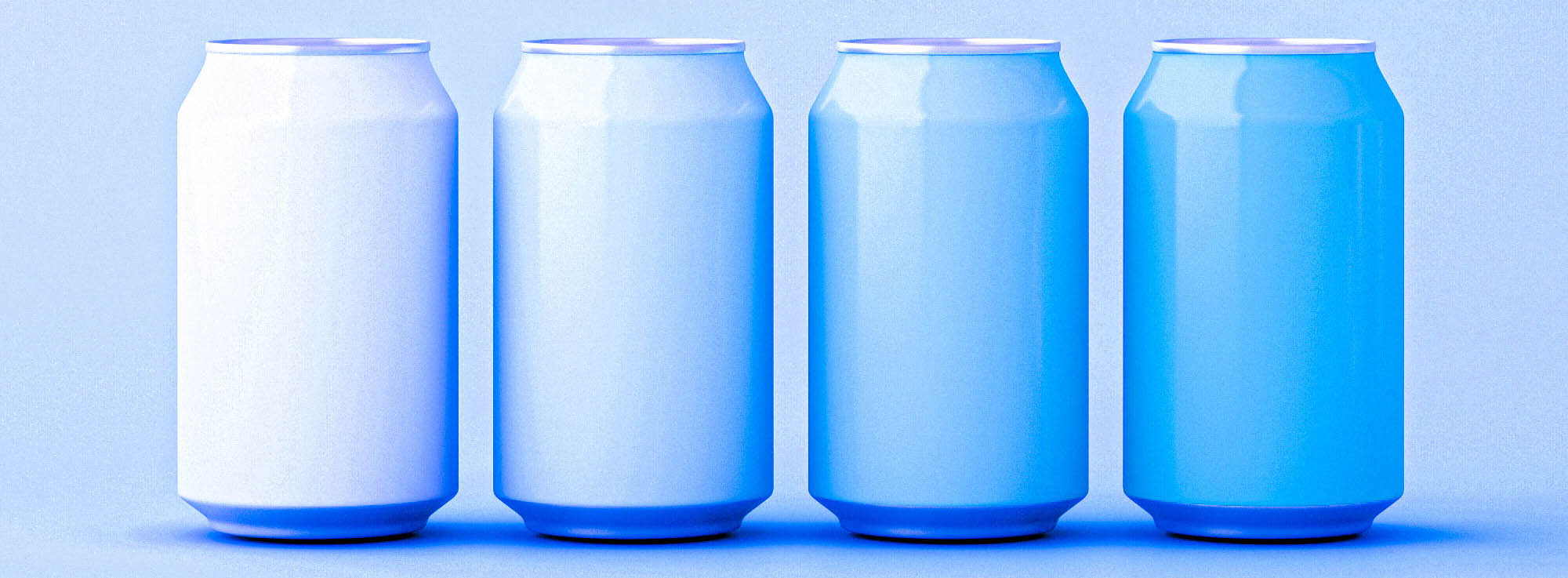They may help digestion, reduce constipation, fight infections and reduce disturbances in the gut. Examples of probiotic drinks are Yakult and Actimel.
Contrary to the popular belief, not all bacteria are bad! In fact, certain types of bacteria are actually needed for good health. It is their job to help the digestion of food in our intestines and to provide a protective barrier against harmful bacteria which make us ill. Several hundred different types of bacteria occupy the human gut. These are probiotic bacteria which are beneficial to our health. The growth and life of these bacteria depend on the nutrients available to them, which come directly from what you eat.
Probiotics are measured in colony-forming units (CFUs) but currently, there are no uniform dosing recommendations; frequency can range from twice daily to weekly schedules. For a healthy digestive tract, a generic recommendation of a probiotic with one to two million CFUs is advised but if you are taking antibiotics or have symptoms of bacterial imbalance like diarrhea, you can take up to 10 billion CFUs until the problem clears up.
Probiotics have also been suggested to have a protective effect against cancer. Compounds that are produced from their breakdown in the gut may play a big role in the prevention of cancer of the GI tract. They can stop DNA synthesis and cause the cancer cell to die. Many gut bacteria produce vitamins for use by our bodies such as vitamin K and biotin. Furthermore, experiments show that animals with no bacteria in their gut require 30% more energy in their diet.
However, while there appears to be evidence around the health benefits of probiotics, the European Food Safety Authority (EFSA) has yet to accept any dossiers. There has been confrontation between the EFSA panel on dietetic products, nutrition and allergies (NDA) and various probiotic companies as to whether the term “probiotic” should be defined as a health claim and the guidelines regarding the criteria required need to be specified by the panel.
As a result of EFSA’s criticism and strict health claim regime regarding probiotics, the Global Alliance for Probiotics (GAP) has recently been established. This alliance is comprised of major probiotic companies Danone, Yakult, Chr Hansen and DuPont-Danisco, who are working together to liaise with EFSA. The GAP have stated that they fully support the Nutrition and Health Claims regulation and pledge that they wish to work within its framework, but they believe a rethink of probiotic health claim rules is required within the EU.
Under the legislation, products labelled as making a health claim that are not included on an EU list of approved health claims will be removed from shelves six months after the law comes into effect sometime this year. By 2013, many products, that are currently known as “probiotic” products, will have to be removed from the market.
NutraIngredient.com recently held an online conference in which Sebastain Romero Melchor, founder and managing partner of Food Law Consultants – who represent many companies in the food and beverage industry, announced that the products that were accepted for resubmission by EFSA on the grounds that more evidence was needed, would be given an extension on the deadline. All opinions on the re-assessed dossiers are to be submitted by June 2012.
Given that the most recent NDNS 2008- 2010 rolling survey showed almost one in ten UK adults and one in twenty children were consuming probiotics, it will be interesting to learn the outcome of the current probiotic controversy.
References
- Macfarlane, S., Macfarlane, G.T., Bacterial diversity in the large intestine, Adv. Appl. Microbiol.2004, 54, 261-289.
- Macfarlane, G.T. & Cummings, J.H., 1999. Probiotics and prebiotics : can regulating the activities of intestinal bacteria regulate health. , 318(April), pp.999-1003.
- Fuller, R. & Perdigón, G. eds., 2003. Gut Flora, Nutrition, Immunity and Health, Oxford, UK: Blackwell Publishing Ltd.
- Wallace, T.C. et al., 2011. Human gut microbiota and its relationship to health and disease. Nutrition Reviews,69(7), p.no-no.
- National Centre for Social Research, Medical Research Council. Resource Centre for Human Nutrition Research and University College London. Medical School, National Diet and Nutrition Survey, 2008-2010 [computer file]. 3rd Edition.Colchester, Essex: UK Data Archive [distributor], February 2012. SN: 6533.
- NutraIngredients, Potential Lifeline for Probiotic Yogurt Claims.
- NutraIngredients, Danone Probiotics Category Could Disappear.
- Creme Food Software Ltd (NDNS 2008/2010 figures)



